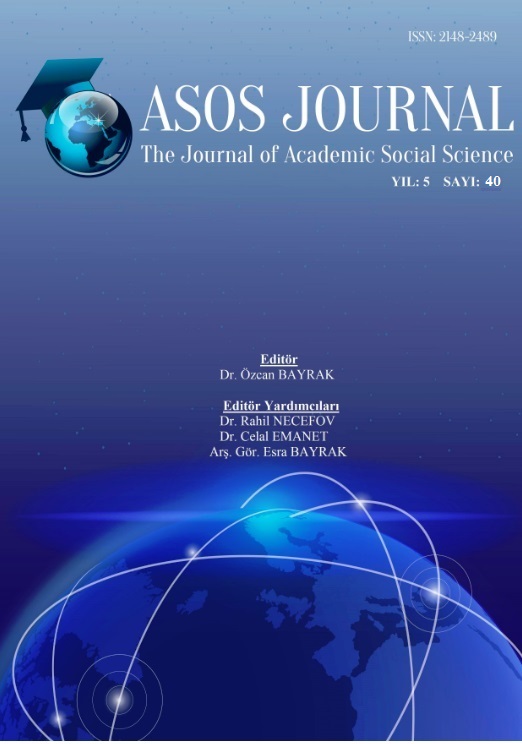Author :
Abstract
Bu makalede öncelikli olarak filozoflar, tarihçiler ve diğer ilgili bilim insanları tarafından yüzyıllardır sürdürülen en büyük tartışmalardan biri, bilim (science) kavramı ve ilim kavramları ele alınmıştır. İlim-bilim arasındaki hem doğrusal hem de neden-sonuç ilişkisinden ziyade, sadece değişkenler arasında bir bağlantının olup olmadığı özellikle tarih ve bilim tarihi ekseninde problem edinilmiştir. Bu problem, Anadolu Selçukluları dönemi ilim hayatı üzerinde etkili olan Eşari, Maturidi ve Mutezile ekolleri bağlamında değerlendirilmiştir. Değerlendirme sonucunda, ilim-bilim ilişkisinin organik bir bağla izah edilebileceği, ilimin hem reel hem de ideal dünyanın bilgisine talip olduğu, bilimin ise sadece madde dünyasının gizemini çözmenin, bilgisine ulaşmanın ve bu dünyaya hükmetmenin ardına düştüğü açıktır. Anadolu Selçukluları dönemi ilim hayatında etkili olan bu ekollerin de, İslam dinini aklın ölçü ve kurallarına göre yorumlayan, akıl ile nass çeliştiğinde ise nassın, akla uygun şekilde yorumlanmasını öngördüğü anlaşılmaktadır.
Keywords
Abstract
This article deals primarily with the concept of science and the concepts of science, one of the greatest debates held centuries by philosophers, historians and other related scientists. The question of whether there is a link between Ilm and science, both linear and causal, largely solely between variables, is particularly problematic in the history and history of science. This problem, the Anatolian Seljuk period in the life sciences effective Ashari, Maturidy and Mu‘tazila schools are evaluated in the context. As a result of the evaluation, it is obvious that the science-science relation can be explained as an organic connection, the science aspires to the knowledge of the real and the ideal world, and the science as it is only to solve the mystery of the world of matter, to reach its knowledge and to fall behind this dominion. It is understood that these schools, which are effective in the Anatolian Seljuks’ period of science, interpret the Islamic religion according to the rules of reason and rules, and when it conflicts with the reason with the mind, it is understood that it is interpreted appropriately.





